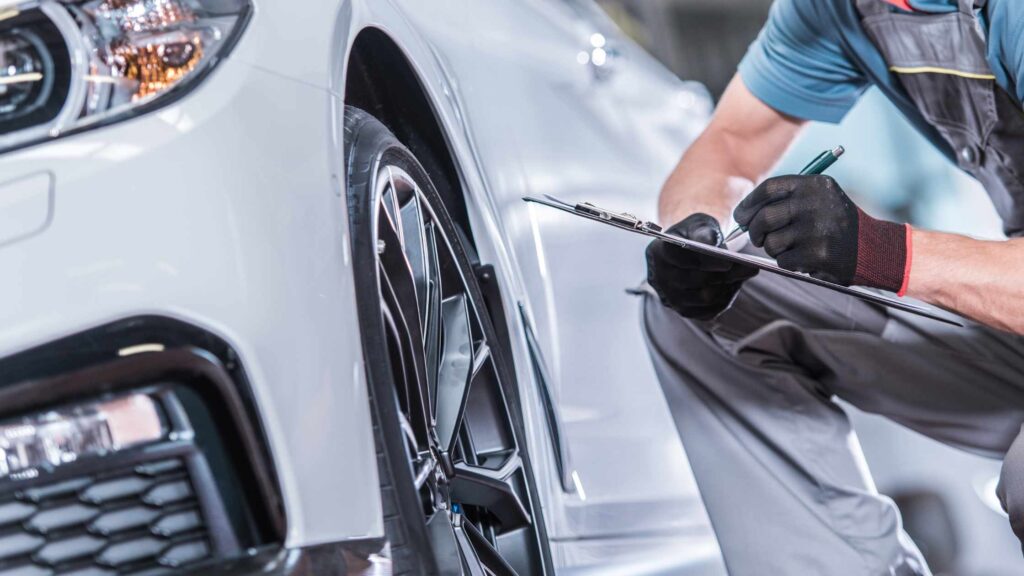Introduction
In recent years, the automotive industry has seen significant advancements in materials used for car manufacturing. These cutting-edge materials not only make vehicles lighter, but also stronger and more fuel-efficient. This article explores some of the latest innovations in car manufacturing materials and their impact on the industry.
Carbon Fiber Reinforced Polymers (CFRP)
One of the most prominent materials used in modern car manufacturing is Carbon Fiber Reinforced Polymers (CFRP). Carbon fibers are incredibly strong and lightweight, making them ideal for applications that require high strength-to-weight ratios. CFRP is formed by combining carbon fibers with a polymer matrix, resulting in a material that is both rigid and durable.
CFRP offers numerous benefits in automotive applications. Its lightweight properties allow for a reduction in overall vehicle weight, improving fuel efficiency and reducing emissions. Additionally, CFRP’s high strength ensures better crash safety performance, protecting occupants in the event of an accident.
High-Strength Steel
While carbon fiber composites have gained attention in recent years, high-strength steel remains a popular choice in car manufacturing. Advanced high-strength steels (AHSS) have been developed to provide exceptional strength while maintaining formability. These steels have higher tensile strength compared to traditional steel, allowing automakers to use thinner gauge materials without compromising safety.
The use of high-strength steel offers several advantages. Firstly, it allows for the construction of lightweight vehicle structures without sacrificing safety. Secondly, high-strength steel provides improved energy absorption during a collision, minimizing the risk of injury for vehicle occupants. Lastly, the material is readily available, making it a cost-effective choice for manufacturers.
Aluminum Alloys
Aluminum alloys have long been used in the production of car parts, but recent advancements have led to the development of even stronger and lighter alloys. Aluminum offers excellent strength-to-weight ratio, making it an attractive alternative to steel. It is highly corrosion-resistant and exhibits good thermal conductivity.
Car manufacturers are increasingly using aluminum alloys in various components, including body panels, engine blocks, and wheels. The use of aluminum helps reduce the overall weight of the vehicle, resulting in improved fuel efficiency and handling. Additionally, aluminum’s corrosion resistance prolongs the lifespan of car parts, contributing to long-term durability.
Advanced Composites
In addition to carbon fiber composites, other advanced composites are making their way into car manufacturing. These composites typically consist of a combination of different materials, such as fiberglass, aramid, and epoxy resins. By combining various elements, manufacturers can tailor the properties of the composite to meet specific requirements.
Advanced composites offer several benefits in car manufacturing. They are lightweight, providing weight savings similar to carbon fiber composites but at a lower cost. These composites also possess excellent impact resistance and can be molded into complex shapes, allowing for greater design flexibility. Moreover, advanced composites exhibit high corrosion resistance, ensuring the longevity of car components.
Summary
Car manufacturing materials have undergone significant advancements in recent years. Carbon Fiber Reinforced Polymers (CFRP), high-strength steel, aluminum alloys, and advanced composites have revolutionized the industry by making vehicles lighter, stronger, and more fuel-efficient. These materials not only improve performance and safety but also contribute to the overall sustainability of the automotive sector. As the industry continues to innovate, we can expect further advancements in materials that will shape the future of car manufacturing.







